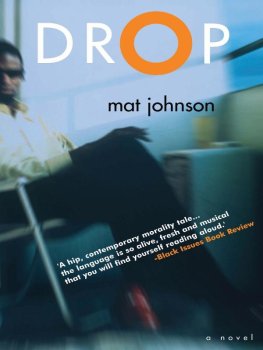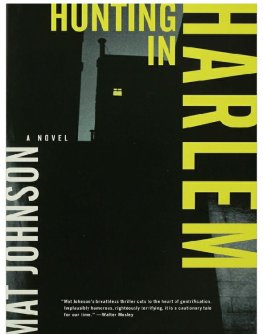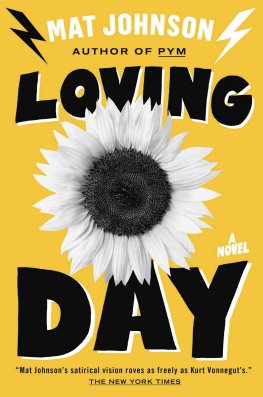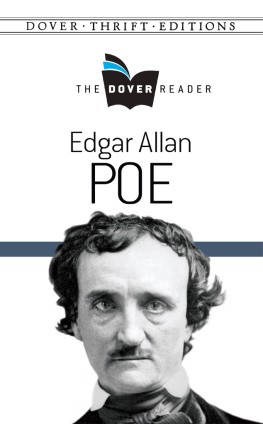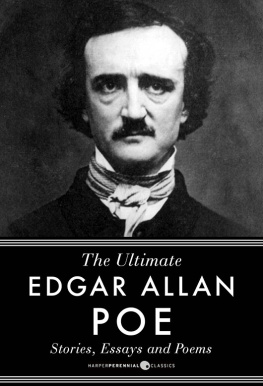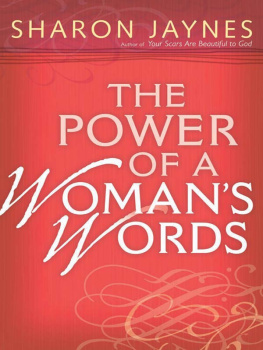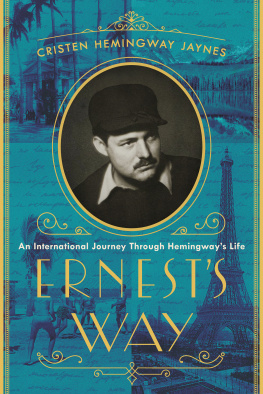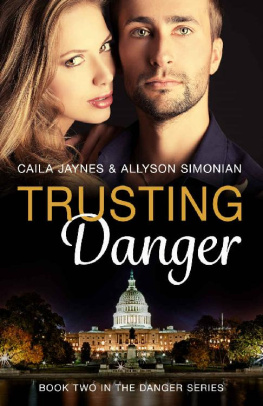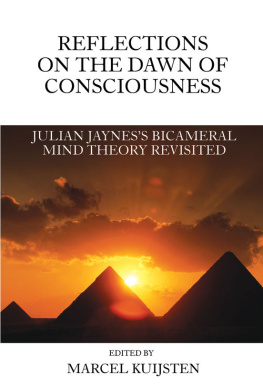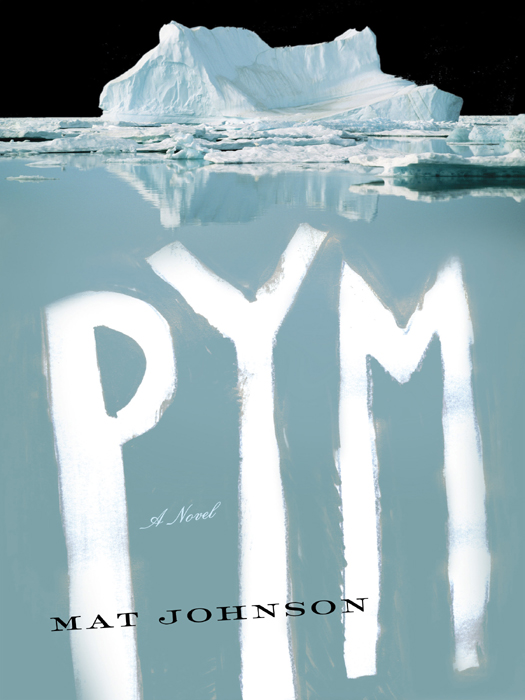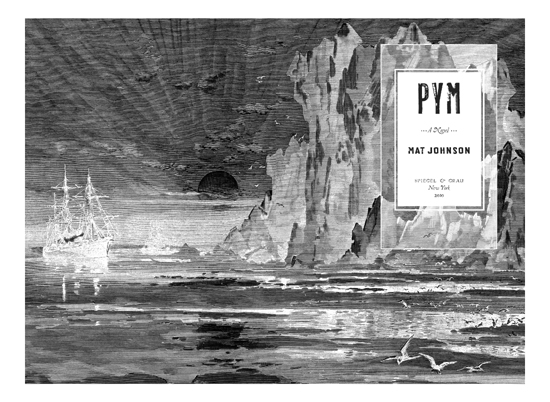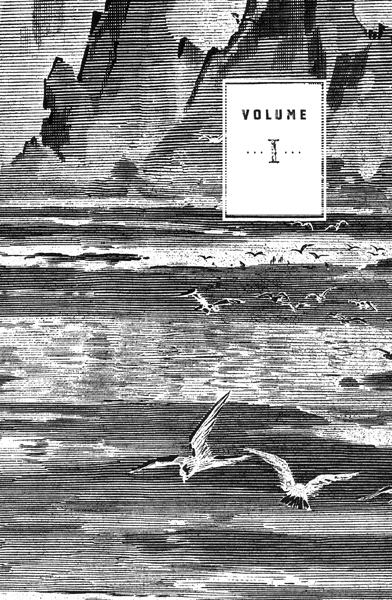A LSO BY M AT J OHNSON
NONFICTION
The Great Negro Plot
FICTION
Hunting in Harlem
Drop
GRAPHIC NOVELS
Incognegro
Dark Rain: A New Orleans Story

Pym is a work of fiction. Names, characters, places, and incidents are the products of the authors imagination or are used fictitiously. Any resemblance to actual events, locales, or persons, living or dead, is entirely coincidental.
Copyright 2011 by Mat Johnson
All rights reserved.
Published in the United States by Spiegel & Grau, an imprint of The Random House Publishing Group, a division of Random House, Inc., New York.
S PIEGEL & G RAU and Design is a registered trademark of Random House, Inc.
LIBRARY OF CONGRESS CATALOGING-IN-PUBLICATION DATA
Johnson, Mat.
Pym: a novel / Mat Johnson.
p. cm.
eISBN: 978-0-679-60382-5
1. African American college teachersFiction. 2. Voyages and travelsFiction. 3. Arctic regionsDiscovery and explorationFiction. 4. Poe, Edgar Allan, 18091849. Narrative of Arthur Gordon
PymFiction. I. Title.
PS 3560. O 38167 P 96 2010
813.6dc22 2010029331
www.spiegelandgrau.com
Jacket design: Christopher Sergio
Jacket photograph: Harald Sund/Getty Images
v3.1
For Meera
Contents
PREFACE
UPON my return to the United States a few months ago, after the extraordinary series of adventures in the South Seas and elsewhere, which you can read about on the pages that follow, I found myself in the company of several gentlemen in Richmond, Va., who were deeply interested in the regions I had visited, and who were constantly urging it upon me, as a duty, to give my narrative to the public. Yet here our intentions diverge (at crossroads travelers may meet, then move on in different, at times opposing directions). For sociological and historical purposes they wanted me to tell my story, to enlighten them about my experience. I had several reasons, however, for declining this request, some of which concerned me alone, others less so. One issue which gave me pause was that, since I took no pictures or recordings of consequence and barely cracked my laptop during the greater portion of the time in question, I might not be able to write solely from memory an account so airtight and accurate as to leave no doubt of its truth. Another reason was that the incidents to be retold were admittedly so outrageous that, without having proof (except a single corpse who was in life a drunken, two-hundred-year-old pickle), I could only hope for the trust of my audience, and specifically those of my past associates who have had reason, over the years, to have faith in my sincerity. I knew the chances were that the public at large would regard what I will now attempt to tell as little more than the rant of a paranoid. Adding to this, I must admit an insecurity in my own abilities as a writer, that this was one of the principal causes that prevented me from complying with the suggestion of my advisers sooner.
Among those brothers outside of Virginia who expressed the greatest interest in my story, or really the part which related to my experiences in the Antarctic region, was Mr. Johnson, at the time an assistant professor of language and literature at Bard College, a historically white institution, in the town of Annandale, along the Hudson River. He strongly advised me (to the point of discomfort) to prepare at once a full record of what happened, and trust to the shrewdness and common sense of the folks to figure it out. To place it in nonthreatening story form for those who, even if they dont believe my story, would be willing to still take a bite and try to swallow it nonetheless. It was also Mr. Johnsons decision to present these revelations under the guise of fiction, and with this strategy I agree. For one, doing so provides a level of synchronicity with the seminal text that began my journey. Also, it keeps me from being sued by the ____ Cola corporation, and not being sued is always a good thing. And there are more ephemeral motivations as well. In this age when reality is built on big lies, what better place for truth than fiction?
This expos being made, it will be obvious to those who would compare the few works of Mr. Johnson where his brief assistance in this narrative begins and ends. Regardless, it should be emphasized that I have approved the following manuscript and in thought, intent, and theory I claim it as my own.
C. J AYNES . Philadelphia, January 19, 2009
ALWAYS thought if I didnt get tenure I would shoot myself or strap a bomb to my chest and walk into the faculty cafeteria, but when it happened I just got bourbon drunk and cried a lot and rolled into a ball on my office floor. A couple days of this and I couldnt take it so I ended classes a week early and checked into the Akwaaba Bed and Breakfast in Harlem to be among my own race and party away the pain. But mostly I just found myself back in that same ball some more, still on the floor, just at a more historically resonant address. My buddy Garth Frierson, hed been laid off about six months before, and was nice enough to drive all the way from Detroit to help a childhood friend. This help mostly consisted of him sitting his bus driver ass on my rented bed, busting on me until I had enough shame to get off my own duff and try to make something of myself again.
By then the term was over, graduation done, campus vacant. I didnt want to see anybody. The only things worse than the ones who were happy about my dismissal were the ones that werent. The sympathy, the condolences. It was all so white. I was the only black male professor on campus. Professor of African American Literature. Professional Negro. Over the years since my original hire I pushed away from that and insisted on teaching American literature in general, following a path toward my passion, toward Edgar Allan Poe. Specifically, I offered the course Dancing with the Darkies: Whiteness in the Literary Mind twice a year, regardless of enrollment. In regard to the number of students who chose to attend the seminar, I must say in my defense that the greatest ideas are often presented to empty chairs. However, a different theory on proper class size was cited in my denial letter from the president, and given as a reason to overturn the facultys approval.
Curing Americas racial pathology couldnt be done with good intentions or presidential elections. Like all diseases, it had to be analyzed at a microscopic level. What I discovered during my studies in Poes and other early Americans texts was the intellectual source of racial Whiteness. Here, in these pages, was the very fossil record of how this odd and illogical sickness formed. Here was the twisted mythic underpinnings of modern racial thought that could never before be dismantled because we were standing on them. You dont cure an illness by ignoring it or just fighting the symptoms. A Kleenex has never eradicated a cold. I was doing essential work, work affecting domestic policy, foreign policy, the entire social fabric of the most powerful nation of the world. Work that related directly to the way we lived our daily lives and perceived reality itself. Who cared if a bunch of overprivileged nineteen-year-olds with questionable hygiene could be bothered to rise for the 8 A.M . class? Who cared if I chose to not waste even more precious research time attending the toothless Diversity Committee?


